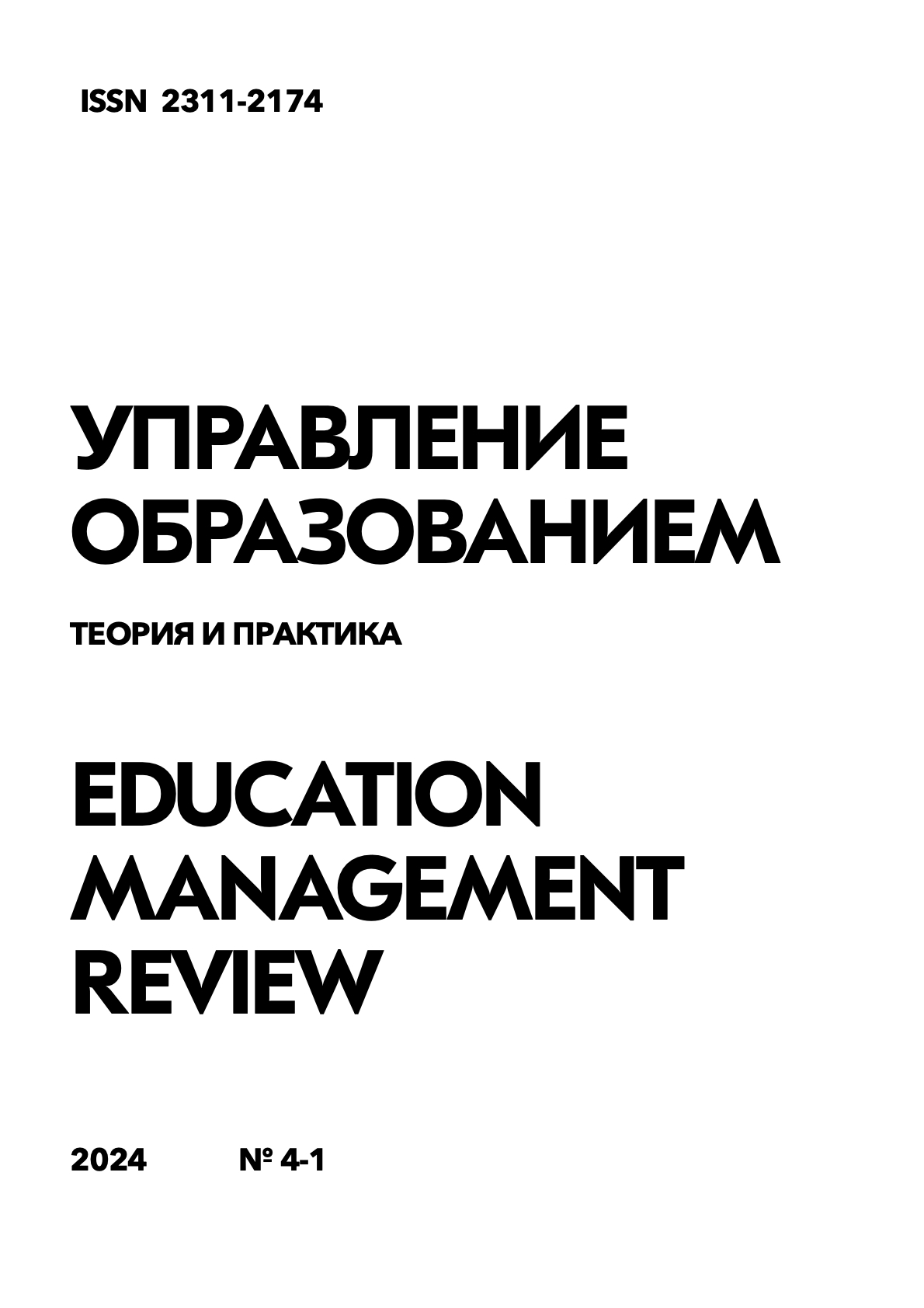The role of the language environment in teaching foreign languages at non-linguistic faculties of the university
Keywords:
foreign language, non-linguistic university, language environment, communicative competence, intensive training, education managementAbstract
The role of the language environment in teaching foreign languages at non-linguistic faculties of the university is the subject of active discussions in modern linguodidactics. The purpose of this study is to determine the influence of the language environment on the effectiveness of foreign language acquisition by students of non-linguistic specialties. The methods of questioning, testing, observation and statistical analysis were used in the work. 70 students of 1-2 courses of the Faculty of Physics, Mathematics and Information Technologies of the Chechen State Pedagogical University and the Institute of Physics, Mathematics and Information Technologies of the A.A. Kadyrov Chechen State University, studying English, took part in the experiment. The participants were divided into experimental (EG, n=60) and control (KG, n=60) groups. An intensive language environment was created in the EG through the involvement of native speakers, the organization of language clubs, and the use of authentic materials. KG was trained according to the traditional method. The experiment lasted one academic year. The results of the final test showed that EG students demonstrated a higher level of English proficiency: the average score was 87.5 out of 100 (IELTS 7.0), while in KG – 69.3 (IELTS 5.5). A qualitative analysis of questionnaires and interviews confirmed an increase in motivation, a decrease in the language barrier and an improvement in communication skills among EG students. Thus, the creation of a language environment is an effective means of optimizing foreign language training in a non-linguistic university. The results obtained can be used to improve the management of language education and the development of new methods of teaching foreign languages.
References
Архипова М.В., Белова Е.Е., Буйнова О.Ю., Гецкина И.Б., Марычева П.Л. Веб-квест как современное средство развития мотивации к изучению иностранного языка // Мир науки. Педагогика и психология. 2023. Т. 11. № 4.
Асламова Т.В. Интерактивная модель организации творческой деятельности студентов при общении на основе медиатекстов // Современные технологии и тактика в обучении профессионально-ориентированному иностранному языку. 2023. № 1(14). С. 78-87.
Афанасьева О.Ю., Федотова М.Г. Понятие коммуникативной личности и его сущность в контексте коммуникативного образования // Вестник Южно-Уральского государственного гуманитарно-педагогического университета. 2016. № 5. С. 14-19.
Гураль С.К., Комарова Э.П., Бакленева С.А., Фетисов А.С. Теоретический контекст интегрированного предметно-языкового обучения в вузе // Язык и культура. 2020. № 49. С. 138-147.
Гураль С.К., Корнеева М.А. К вопросу об организационно-методических условиях обучения английскому языку студентов направления «прикладная механика» // Язык и культура. 2017. № 39. С. 180-186.
Иванцов А.А., Силенок В.С. Мотивационные триггеры профессионального самоопределения обучающихся 1, 3 курсов в рамках изучения иностранного языка // Современные стратегии и цифровые трансформации устойчивого развития общества, образования и науки: сб. мат. X Межд. науч.-практ. конф. Московский государственный университет спорта и туризма. М., 2023. С. 19-24.
Корнеева М.А., Гураль С.К. Обучение профессиональному иноязычному дискурсу студентов физико-технического факультета Томского государственного университета направления «прикладная механика» с использованием кейс-стади метода (case study method) // Язык и культура. 2017. № 37. С. 166-184.
Кошелева И.Н. Практическое применение концепции мотивирующего преподавания в процессе обучения английскому языку в вузе // Филологические науки в МГИМО. 2017. № 10(2). С. 78-84.
Пономаренко Е.П. Формирование языковой личности студентов бакалавриата технического университета на основе методики рефлексивного обучения иностранному языку: дисс. ... к. пед. н. Н. Новгород, 2022. 263 с.
Попова Е.Г. Потенциал использования «веб-квест» технологии в повышении мотивации к изучению иностранного языка // Научный старт - 2023: сб. статей аспирантов и магистрантов. М., 2023. С. 313-317.
Савельева Е.Б. Веб-квест как одна из форм проектной деятельности в процессе обучения и изучения иностранного языка // Состояние, проблемы и перспективы развития современного образования. 2023. № 1(4).
Федеральные государственные образовательные стандарты высшего образования (уровень подготовки кадров высшей квалификации). ФГОС ВО. 2019. http://fgosvo.ru/
Халеева И.И. Основы теории обучения иноязычной речи. М.: Высшая школа, 1989. 240 с.
Gural S., Smokotin V. The language of worldwide communication and linguistic and cultural globalization // Language and Culture. 2014. № 1. рр. 4-14.
Brophy J.E. Motivating students to learn. NY: Mahwah, 2004. 418 р
Downloads
Published
How to Cite
Issue
Section
License

This work is licensed under a Creative Commons Attribution-NonCommercial-NoDerivatives 4.0 International License.




